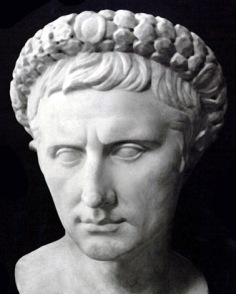 If Parliament itself can modify or repeal legislation passed by a previous Parliament why can’t the citizens undo a direct vote?
If Parliament itself can modify or repeal legislation passed by a previous Parliament why can’t the citizens undo a direct vote?
For Canada I propose every year there is a Citizen’s Initiative ballot held on the set Election day (say fourth Monday in October). There would be 6 questions on the ballot proposed directly by the citizens of Canada. Two would be federal, two provincial, and two local. If there is a regional local entity then one question is regional and the other is municipal and if there isn’t then both local questions are municipal. An example would be Toronto where one question is for metropolitan Toronto and the other is for a municipality like North York.
The process for Federal initiatives is as follows.
Every November during that month any citizen on the voter’s list can register an initiative with Elections Canada. Each initiative has a title, introduction, main body, and summary and is registered with Elections Canada by paying a registration fee. Any registered political federal party can do the same.
Starting in December any citizen on the voter’s list can endorse one of these initiatives. This endorsement is public. Endorsement is determined nationally and provincially. The national endorsement is simply one person one endorsement and provincially it is the percentage of endorsements for each question in that province. This gives you a score out of 1000.
On January first only the top 50 initiatives in the national or provincial endorsements are kept and all others failed to get enough endorsements to get on the Citizen’s Initiative ballot in October. This will give you 50 to 100 questions depending on how many are on both lists. If you endorsed a question that gets dropped you then can endorse a different initiative that is still on one of the lists.
On February first only the top 25 questions on each list is kept for 25 to 50 initiatives.
On March first it is the top 15 question, April first the top 10, May the top 5, June the top 3, July the top 2, and on August first the top question on the national list and the top question on the provincial list that is not the former are on the Citizen’s Initiative ballot in October.
In order for an initiative to pass it needs 1/3 of the eligible voters to vote yes and a majority of those voting to vote in favour. The Brexit vote of 2016 was 37.5% yes of the eligible voters (51.9% yes out of a 72.2% voter turnout). It then becomes Law and of course can be modified or repealed by Parliament or a subsequent vote on the Citizen’s Initiative ballot.


